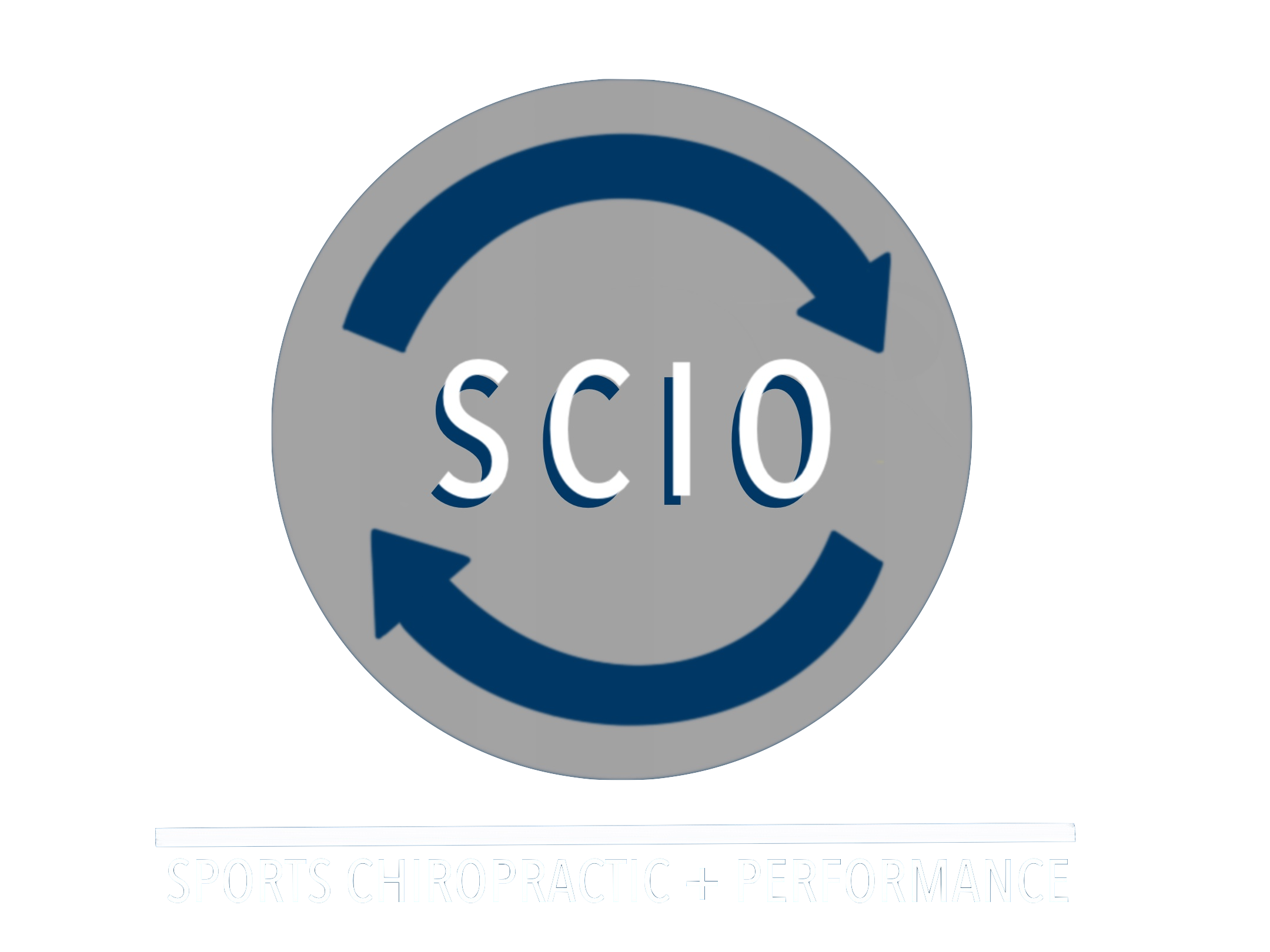5 Supplements for Seasonal Allergies
Glad to have you back for another weekly post. I hope everyone enjoyed their Halloween weekend! As the change of seasons comes about so too do allergies, which can be difficult to deal with. While medications to combat allergies do exist, there are also various ways in which we can supplement our bodies with more natural means that will help reduce the severity of allergies and improve our overall health over time. So today we’ll be looking at a list of five effective supplements to help give your body a healthy boost to fight off allergies and more.
Seasonal allergies can derive from pollen, dander, dust, and more!
Before we start we’re going to do a quick overview of how allergies in the body work so we can better understand how these supplements can improve our health. Our bodies are very well adapted to combat foreign invaders that enter our body, but sometimes our body can get carried away and respond more aggressively than it needs to. When a foreign object, such as pollen or pet dander, enters the body, such as through the nose, the body responds with a quick threat assessment. Immune cells then release histamines, the chemical responsible for allergic reactions, to stimulate the body to fight off the foreign invader. Here’s the trouble though, the body isn’t always the best judge and can overreact by releasing more histamines than is necessary. This is how we can get some bad and even fatal allergic reactions. With these ideas in mind, let’s get started.
Quercetin
The first supplement on our list can be found in apples, red onions, broccoli, and even green tea! This supplement can also be found over the counter. Quercetin acts as a limiter to reduce the amount of histamines the body produces to minimize the effect of allergic reactions. Quercetin also contains antioxidant and additional anti-inflammatory properties that are great for helping to deal with allergies and help reduce symptoms.
Omega-3 Fatty Acids
Don’t let the terms ‘fat’ scare you. There are quite a bit of healthy ‘fats’ that are incredibly beneficial for the body, Omega-3’s included. This supplement is found heavily in fish, especially cold water fish like Salmon, Cod, and Tuna. Omega-3’s have a strong link to improving the body’s response to inflammation. This means that your body becomes better and more efficient at handling a response to allergies and histamine reduction. Omega-3’s also have the added benefit of improving the body’s response to inflammation and even help with some autoimmune disease.
Coenzyme Q10 (COQ10)
COQ10 is an antioxidant that your body naturally produces and is an essential component for energy production to keep your body functioning. It takes resources for your body to produce this so supplementing your diet with COQ10 can provide some health benefits and save your body the resources to make it. Similar to how some of the other listed supplements, COQ10 works very well to reduce histamines and limit those pesky allergies. The beneficial effects of COQ10 don’t end here though. COQ10 works as a wonderful supplement to help with cardiovascular health, improve endurance while exercising, and even improve overall energy levels.
Stinging Nettle
If you’re an avid hiker or outdoorsy you’ve probably heard of this plant as it stings you and leaves a rash if you accidentally brush against it. Ironically, stinging nettle serves as a multipurpose remedy and cooking ingredient as it can easily be made safe to consume. Functioning along the same lines as the rest on this list, stinging nettle works very well for histamine control but works more exclusively for stuffy noses caused by allergies. Stinging nettle has also been known to assist in some degree with blood pressure regulation and helping with diabetes.
Vitamin B6 (Pyridoxine)
Vitamin B6 is essential for your body to help create the proteins that are required by numerous processes in your body. Vitamin B6 is largely found across a variety of foods such as turkey, chickpeas, salmon, potatoes, and bananas. An extra added supplement of B6 has also been shown to relieve airway inflammation and mucus blockage in your respiratory system. This effect can be largely beneficial to individuals who have asthma and have allergies that affect their asthma. Vitamin B6 has also been known to help promote brain health, improve mood, and benefit eye health.
It’s important to remember that supplements aren’t universal cures to problems you may be experiencing, rather, they are meant to be taken alongside exercise and a healthy diet conducive to your lifestyle. A variety of these supplements can be found in a variety of different foods and your health can improve immensely by including these foods in a consistent diet. If you have any questions about supplements and how you might benefit from them, please feel free to ask about them next time you’re in the office!

